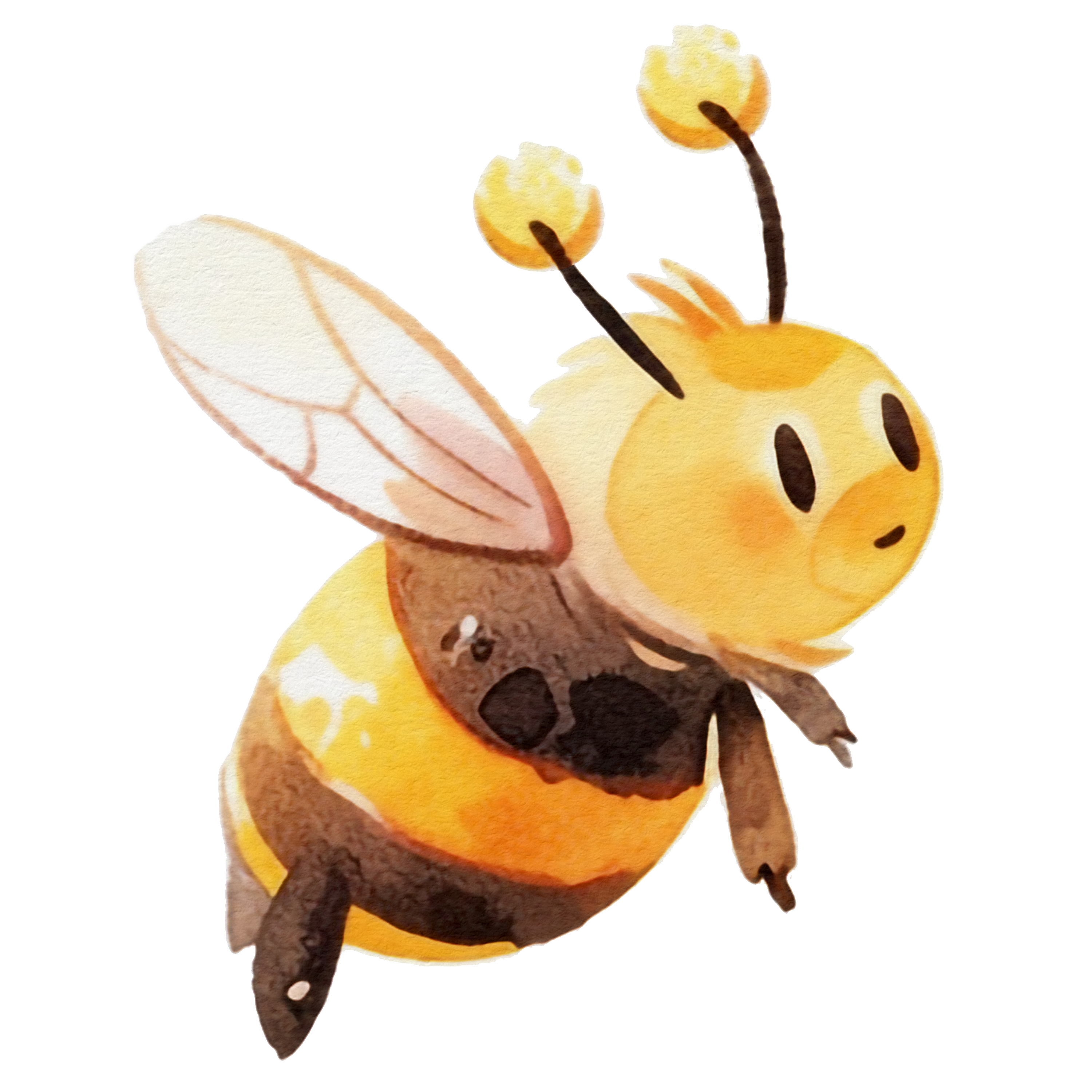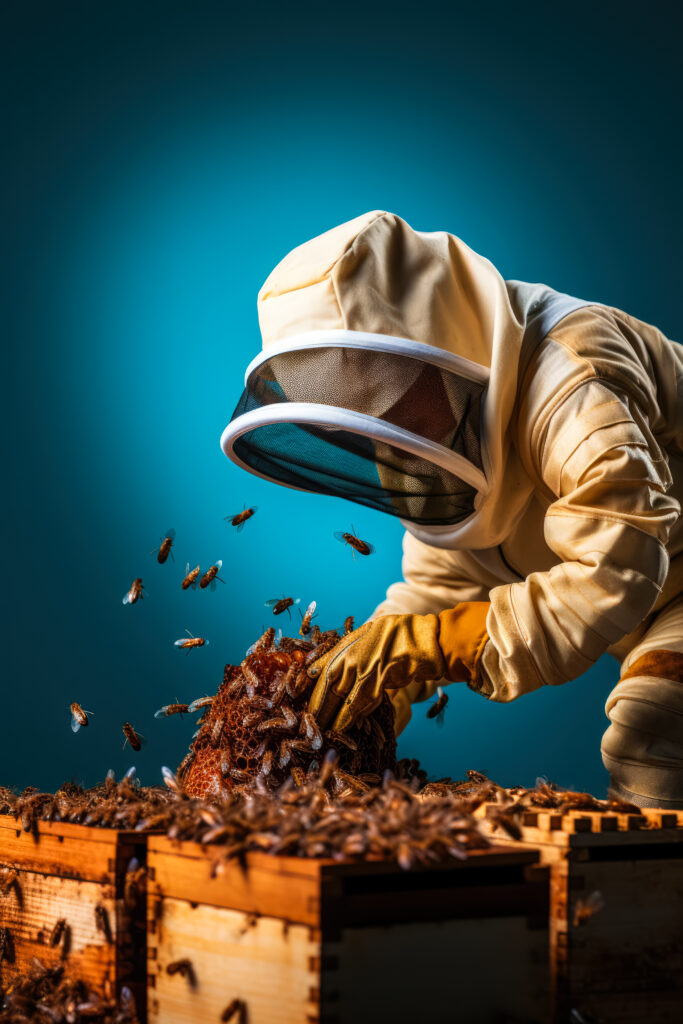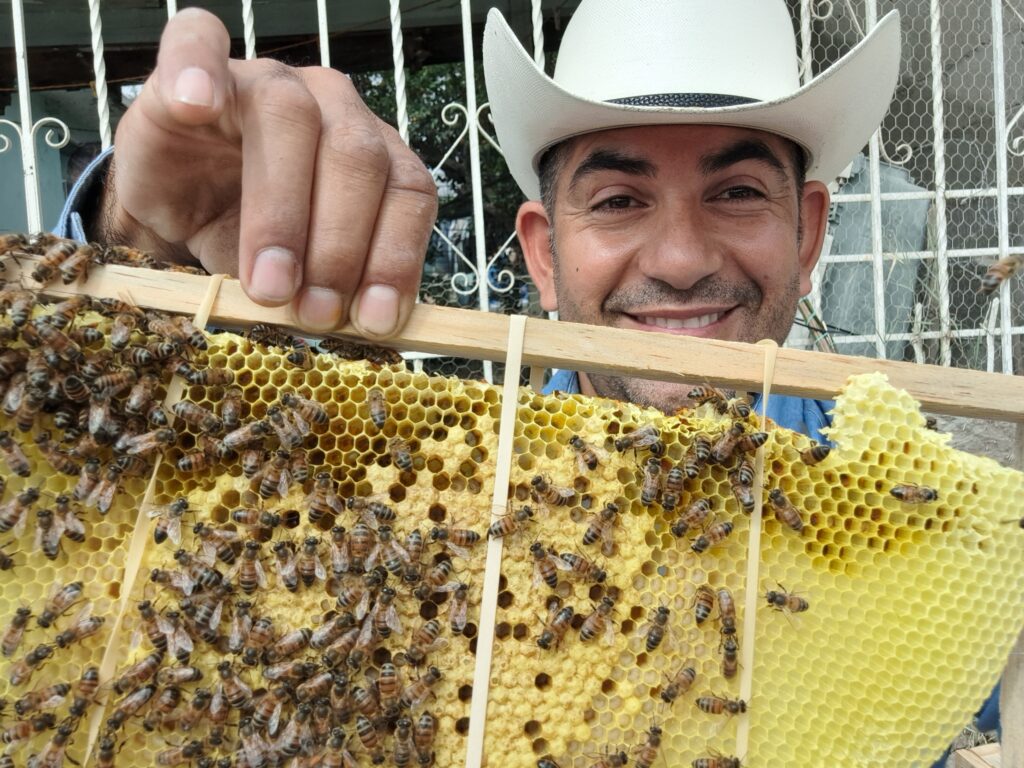Beekeeping Extension Services Features.
Beekeeping Extension Services: Empowering Apiculturists for Sustainable Practices and Bountiful Harvests
Introduction
Beekeeping extension services play a vital role in promoting sustainable apiculture by providing beekeepers with the knowledge, skills, and resources they need to thrive. These services bridge the gap between scientific knowledge and practical application, offering beekeepers valuable guidance on hive management, disease control, and best practices. In this comprehensive exploration, we will delve into the significance of beekeeping extension services, their core components, and the substantial impact they have on beekeepers and the wider apicultural community.
The Significance of Beekeeping Extension Services
Beekeeping extension services hold significant importance for several reasons:
Knowledge Dissemination: They serve as a conduit for disseminating scientific and practical knowledge to beekeepers, enabling them to make informed decisions.
Sustainability: Extension services promote sustainable apiculture by encouraging best practices that protect bee health and enhance hive productivity.
Disease Management: Beekeepers receive guidance on identifying, preventing, and treating diseases that can devastate bee colonies.
Pollinator Health: They foster awareness of the broader role of beekeepers in pollinator conservation and the maintenance of biodiversity.
Economic Growth: By improving the quality and quantity of honey production, beekeeping extension services contribute to the economic development of beekeepers and their communities.
Core Components of Beekeeping Extension Services
Beekeeping extension services comprise several key components:
Education and Training: Beekeepers receive training on various aspects of apiculture, from hive construction and colony management to honey extraction and disease control.
Information Dissemination: Extension services provide beekeepers with access to the latest research and practical information, often through workshops, seminars, and printed or online materials.
Consultation and Support: Beekeepers can consult with experts for guidance and problem-solving, addressing specific issues within their beekeeping operations.
Research and Innovation: Extension services often collaborate with researchers to develop and test new techniques, products, and technologies that benefit beekeepers.
Community and Networking: These services facilitate community-building and networking opportunities, allowing beekeepers to share experiences and resources.
Impact on Beekeepers and Apicultural Communities
Beekeeping extension services have a profound impact on individual beekeepers and their communities:
Enhanced Knowledge: Beekeepers gain a deeper understanding of bee biology, hive management, and best practices, leading to improved hive health and honey production.
Increased Productivity: With expert guidance, beekeepers can optimize their practices, resulting in higher yields of honey, beeswax, and other hive products.
Disease Control: Extension services empower beekeepers to identify and manage diseases, reducing hive losses and the need for chemical treatments.
Environmental Stewardship: Beekeepers, educated through these services, often become advocates for pollinator conservation and engage in habitat preservation efforts.
Economic Benefits: The increased efficiency and productivity of beekeeping operations can lead to economic growth at the individual and community levels.
Conclusion
Beekeeping extension services are the bridge that connects the wealth of apicultural knowledge to the beekeepers who need it. By imparting knowledge, offering training, and facilitating community engagement, these services empower beekeepers to engage in sustainable apiculture and promote bee health, biodiversity, and economic growth. The profound impact of beekeeping extension services extends beyond the hive, influencing entire communities and advancing the cause of environmental stewardship. Beekeeping extension services exemplify the transformational power of knowledge, education, and community support in the world of apiculture.




